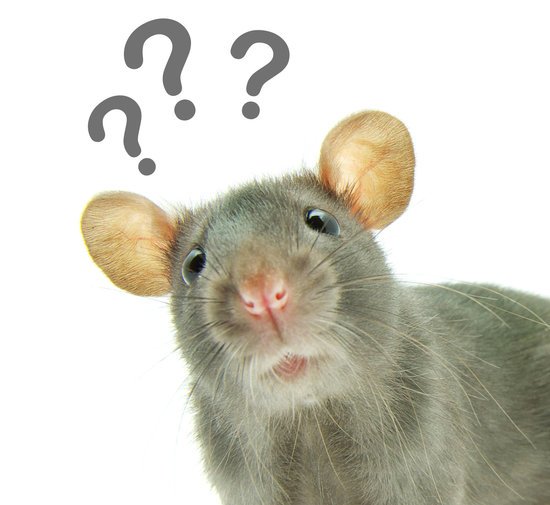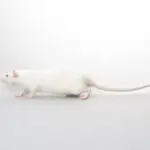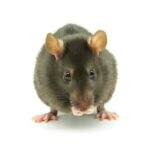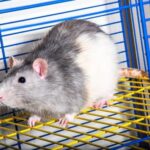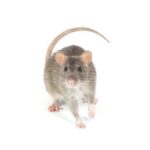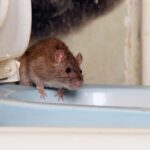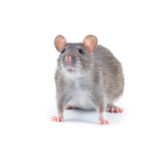How Do Rats Affect the Ecosystem?
Rats are widespread in many parts of the world and may be a limiting factor in a variety of ecosystems. In some regions, invasive rats have led to the extinction of many native species. They have also been a major problem in tropical islands. Invasive rat species can affect almost any habitat. While black rats are the most widely studied, there are many other species that also negatively affect the ecosystem.
Rats are often found on public buildings, such as in food establishments, or in buildings that are scheduled for demolition. In these cases, municipal government and local health authorities may take action to rid the area of rats. However, in many cases, the people living in these areas are left to fend for themselves. In this case, it is imperative to develop better understanding of how rats affect the ecosystem.
Rodents play a crucial role in many ecosystems. Native rodents are a major source of food for scavengers and predators. Non-native rodents, such as Norway rats, roof rats, and house mice, can destroy important habitats and contaminate crops.
Rats may play an important role in tree growth. They spread seeds and hoard them in underground stores. Then, they never return to them and the seeds sprout up in new vegetation. This is important for the ecosystem because it means new vegetation will grow.
